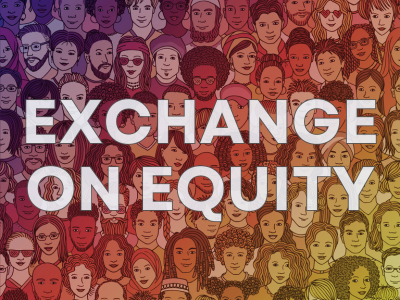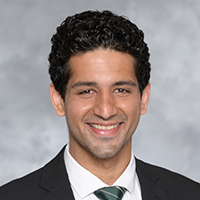Ethics in Brief: The File Retention Puzzle
By: David C. Carr
One of the more vexing puzzles in legal ethics is the seemingly straightforward question: How long do I keep the client’s file after the representation ends? There is no bright-line rule. There is no rule because of the varieties of legal representation and the differing needs of those varieties of clients. Some areas of litigation, like unlawful detainer practice, involve relatively swift proceedings and a great degree of finality, veritable mayflies in the legal ecosystem. Other areas of practice include issues and proceedings that can span years and even decades, like criminal defense, estates and probate practice, and sometimes marital dissolution practice where the client’s need for the file may be indefinite. The starting point for solving this puzzle is recognition that the client file is the property of the client and file retention practices are part of the fiduciary duty to safeguard client property that the lawyer owes the client.








